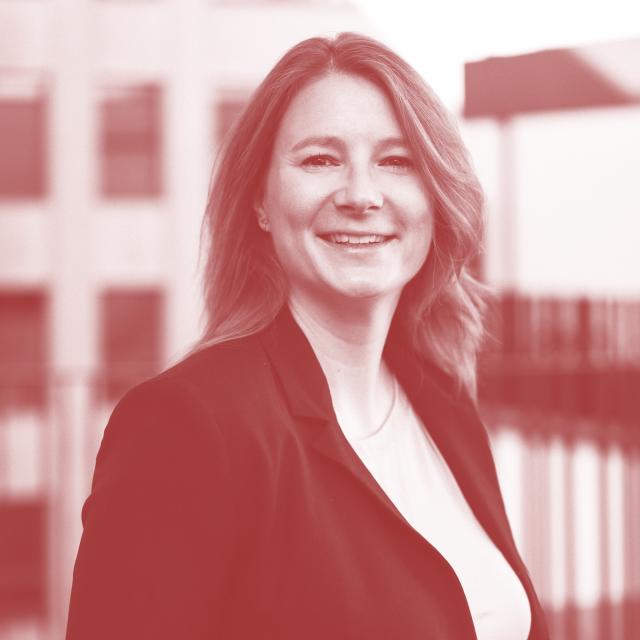Editorial - Portugal, Luxembourg's new satellite office?
By Audrey Somnard, Lex Kleren Switch to French for original article
With a shortage of talent and the cost of living being too high, some major groups seem to be giving up on expanding their activities in Luxembourg, opting instead for offices in countries such as Portugal, where life is cheaper for now. Young recruits straight out of the top universities are providing recruitment opportunities locally. The end of Luxembourg's attractiveness?
This article is available to you free of charge. If you want to support our team, subscribe now.
The news came at the beginning of the month. A press release from PwC announcing the opening of a new office… in Porto. Presented as a partnership between the Luxembourg and Portuguese entities, this new office will be essentially dedicated to the Luxembourg financial centre. In practice, this means a bunch of educated juniors, fresh from university, who will be able to work for Luxembourg on Portuguese salaries. In terms of figures, the press release mentions 250 new recruits, with a total of 700 over the next three years. So many people who will not be recruited in Luxembourg, and who will therefore not pay income tax to contribute to the local economy.
While this is probably a cost-cutting decision for the giant, it sends out the wrong signal for the financial centre and the Luxembourg economy in general. Employers' associations have been warning for years about the country's attractiveness, but it would seem that PwC's decision in any case left it with no choice but to draw on a pool of available, skilled labour. Brining 250 to 700 juniors to Luxembourg would undoubtedly be more difficult today, even if other companies of the same size manage to overcome this challenge every year. The fact remains that the talent pool has surely dried up. Universities in the Greater Region are not producing enough juniors for the financial centre, and to attract those who live far away, the carrot is probably no longer appetising enough.
Continue reading for free
Get access to this article by subscribing to our newsletter that is sent twice a week. You also have to have a Journal account.
Already have an account?
Log in


